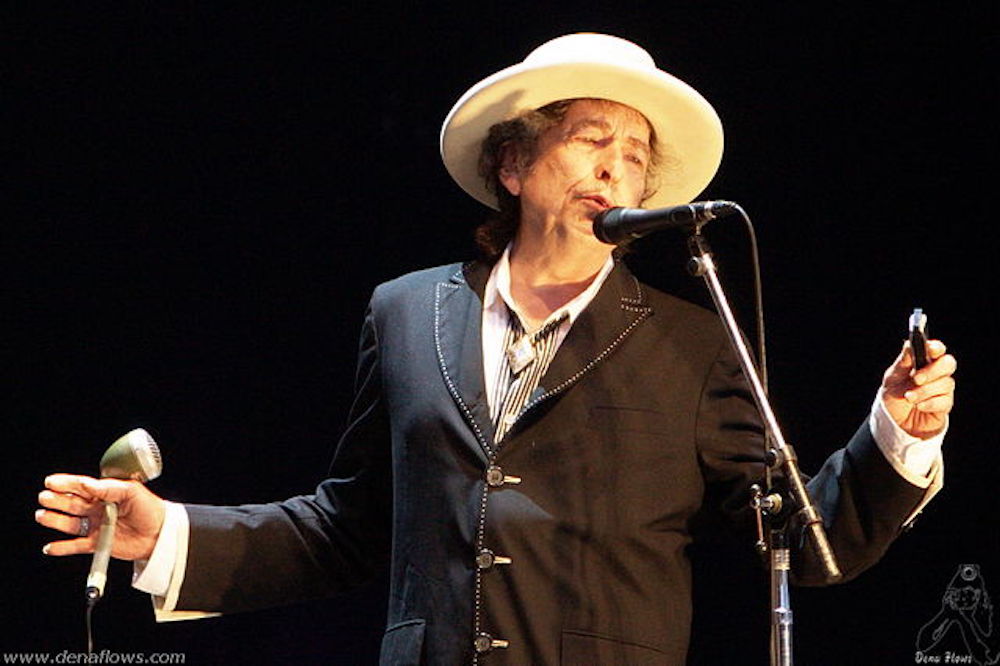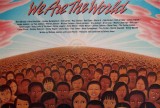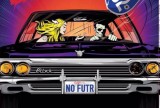Bob Dylan’s Nobel Speech Reminds Us That Songs Are for Listening, Not Reading
But the Folk Rocker, Like the Ancient Greeks, Thinks Music and Literature Can Co-Exist
“Sing in me, oh Muse, and through me tell the story.” Homer’s opening to the Odyssey is one of the most well-known lines of what we call literature—but the Greeks called song. This particular translation—by Robert Fitzgerald with an added “oh”—puts Homer somewhere between singing and storytelling. And now, taking his seat next to Homer, at least according to the 2016 Nobel prize committee for literature, is Bob Dylan.
Dylan closes his Nobel lecture with this timeless invocation—alongside his interpretation of Odysseus’ encounter in the underworld with the greatest of Greek warriors, Achilles. …









